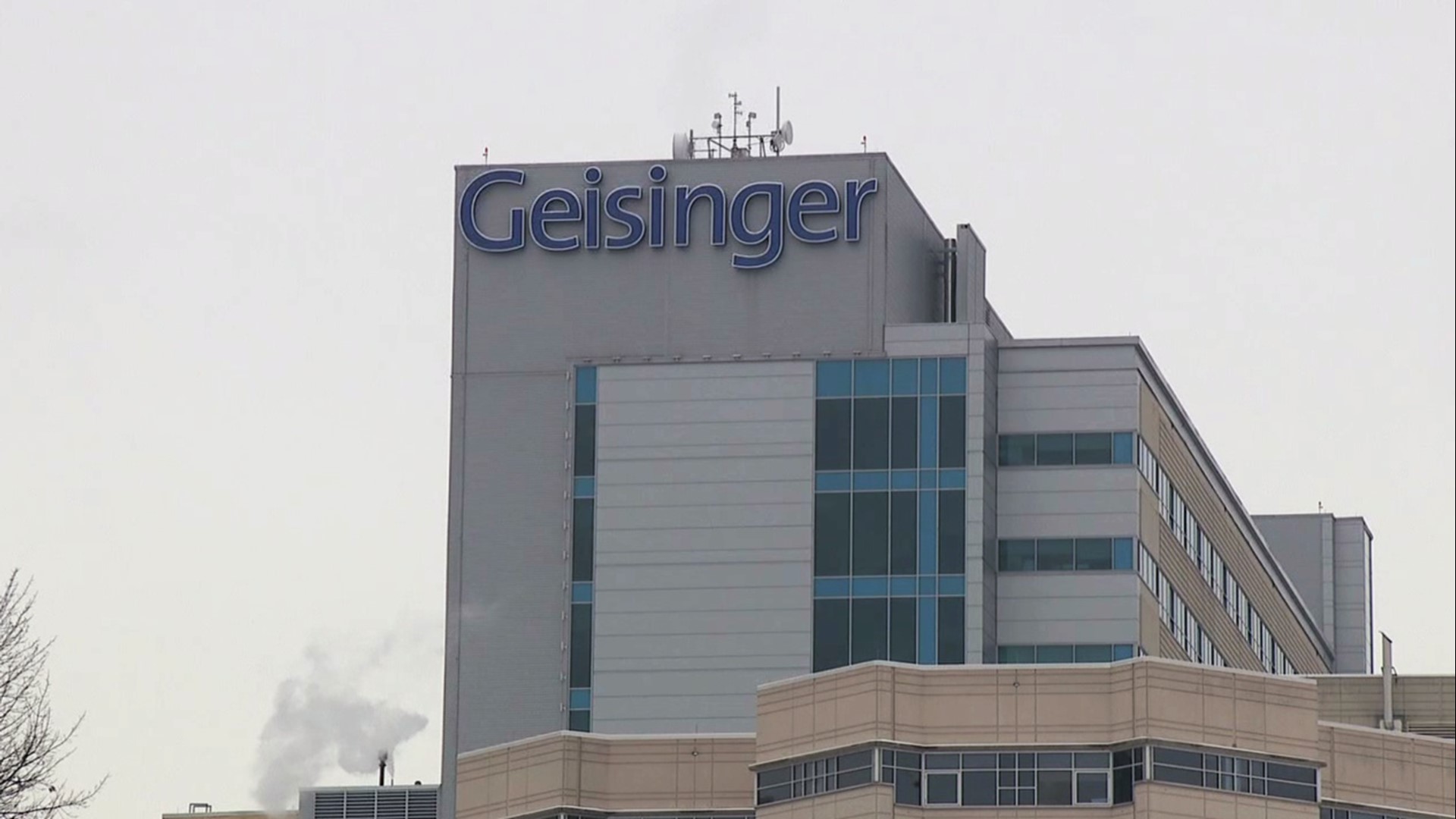DANVILLE, Pa. — Sharon Yurkiewicz of Bear Gap came down with COVID-19 in late December.
"I really had no energy. I was fatigued, really couldn't do anything," Yurkiewicz said.
Shortly after Yurkiewicz was diagnosed with the coronavirus, her doctor at Geisinger called her about an antibody infusion. In November, the FDA approved emergency authorization for monoclonal antibody treatments.
"They mimic the body's ability to fight the infection. They essentially provide a boost to fight the infection," Dr. Keith Boell said.
Monoclonal antibodies are made in a laboratory and are given to patients directly through an infusion.
"Patients come in; they get an IV. We have nurses that this is all they've been doing for the past few weeks who give the infusion, and then we watch the patients for an hour afterwards," Dr. Boell said.
Geisinger started giving the infusions in December and have treated nearly 500 patients so far, including Yurkiewicz.
"I had it on a Wednesday, and by the weekend, I really started feeling better, more like myself. I felt like I had a little more energy," Yurkiewicz said.
Dr. Boell says to qualify for the antibody infusion, patients must have a documented positive COVID-19 test and must be within 10 days of developing symptoms.
"The big thing that we've found is that patients are less likely to need to come to the hospital to get admitted to the hospital, which is great news. There are also some studies that show patients may feel better after the medications," Dr. Boell said.
"My reason for taking it was I didn't want to get worse than I already was, and if this could help me improve because I didn't want to end up in the hospital," Yurkiewicz said.
Dr. Boell says this treatment is not meant for people who are already in the hospital with COVID-19.

